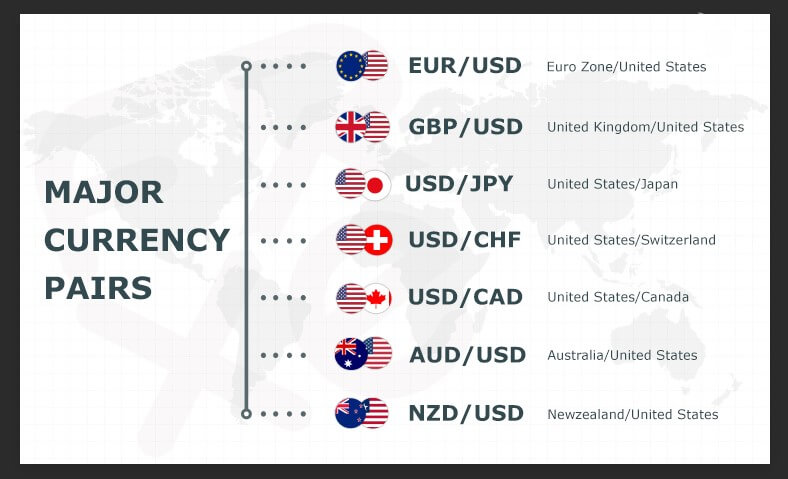In trading, there are several things that a trader can control and other things that they cannot control.
Things a trader can control:
- Risk management: A trader can control the amount of risk they take on by using stop-loss orders, setting appropriate position sizes, and diversifying their portfolio.
- Trading plan: A trader can control the development and execution of their trading plan, which includes entry and exit criteria, position sizing, and risk management.
- Emotions: A trader can control their emotions by developing a mindset of discipline and objectivity, as well as utilizing techniques such as journaling or meditation.
- Learning and self-improvement: A trader can control the amount of time and effort they put into learning and self-improvement, including studying market analysis and self-reflection.
Things a trader cannot control:
- Market conditions: A trader cannot control the overall market conditions, including macroeconomic factors, political events, and natural disasters that can affect the markets.
- Other traders: A trader cannot control the actions of other traders in the market, including their buying and selling decisions.
- News and rumors: A trader cannot control the release of news or rumors that can affect the markets.
- Execution: A trader cannot control the speed or execution of their trades, which can be affected by factors such as internet speed or broker delays.
It’s important for a trader to focus on what they can control and develop strategies to manage the things they cannot control, in order to make well-informed decisions and minimize risk.




